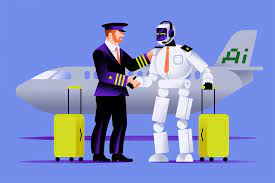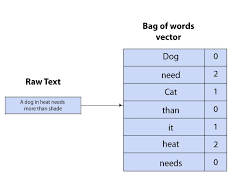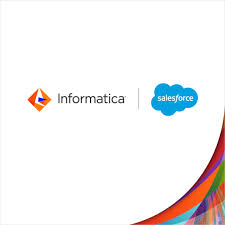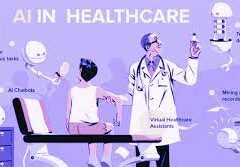The Rise of AI-Powered Copilots in the Workplace: The New Age of Office Helpers
As more businesses embrace AI tools, the tech world is buzzing with a new kind of office assistant: the AI-powered copilot. These digital sidekicks are here to revolutionize how we interact with information—think of them as the high-tech, caffeine-free version of your office buddy who always knows where the stapler is. Copilots in the Workplace are here.
AI-powered copilots use large language models (LLMs) to help users wade through vast amounts of data, often with the grace of a caffeinated librarian. By facilitating conversations instead of requiring precise queries, these tools let you ask for help without needing to channel your inner tech wizard.
Hugo Sarrazin, Chief Product and Technology Officer at UKG, points out that many of these AI copilots are essentially “search functions dressed up in a snazzy new outfit.” UKG’s own digital assistant, UKG Bryte, made its debut last November—just in time to help you find out why your vacation request hasn’t been approved yet.
These AI assistants offer an enhanced chatbot experience by understanding a wide range of queries through generative AI. Imagine asking your chatbot, “Hey, what’s the deadline for open enrollment?” and getting a response that doesn’t involve translating your question into a techie dialect.
“Generative AI isn’t stuck on keywords and rigid queries. It’s like a magic eight ball with a PhD,” Sarrazin explains. Traditional systems often force users through pre-set menus and workflows—kind of like a bureaucratic maze—but copilots let you skip the detours and get straight to the point.
With AI copilots, you can ask in plain language and receive useful answers without needing to consult a human. Picture this: an HR chatbot that knows exactly what the per diem is for your conference, or which days you’re free for the next company holiday—like having a personal assistant who never needs a coffee break.
Salesforce employees, for instance, are getting a taste of this futuristic help with their Einstein copilot. Since the introduction of Einstein, Salesforce has seen an uptick in productivity and a drop in mundane tasks. Nathalie Scardino, Salesforce’s Chief People Officer, says the company has been working to seamlessly integrate AI tools into daily workflows—because nothing says “we care” like a virtual assistant who understands your workload better than you do.
After Salesforce acquired Slack in 2020, the Einstein-powered Slack app launched in February. This tool helps with scheduling, document summarization, and general inquiries, effectively turning your to-do list into a “done” list. Research showed that desk workers spend 41% of their time on tasks that aren’t exactly rocket science, and Einstein is here to tackle those chores.
Scardino and Salesforce’s CIO, Juan Perez, have been busy ensuring that AI tools fit perfectly into the company’s workflow. Einstein is also making waves in HR by integrating with Basecamp, Salesforce’s hub for employee info. This integration has answered over 88,000 queries and cut resolution times from two days to just 30 minutes—making it the office hero you didn’t know you needed.
“The big win here is bringing all those disparate systems together and making information accessible without needing a PhD,” Scardino quips. “No more hopping between six systems just to find out about your healthcare benefits.”
In this brave new world of AI-assisted work, copilots like Einstein are proving that getting the right information quickly is no longer a sci-fi dream. They’re here to make our office lives smoother, smarter, and a little less dependent on those old-fashioned human helpers.













